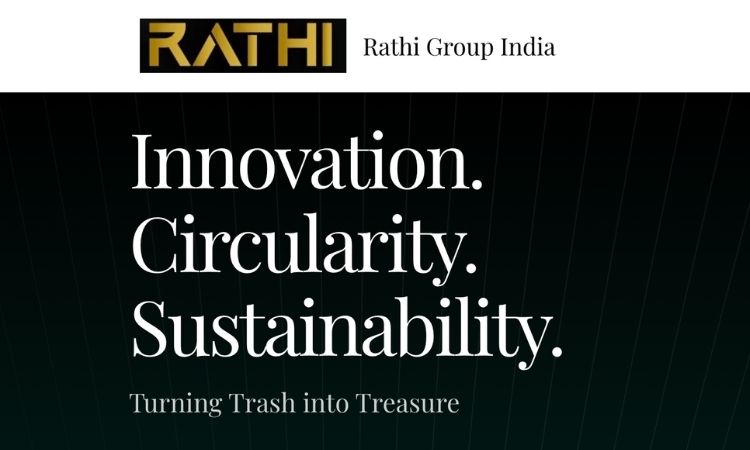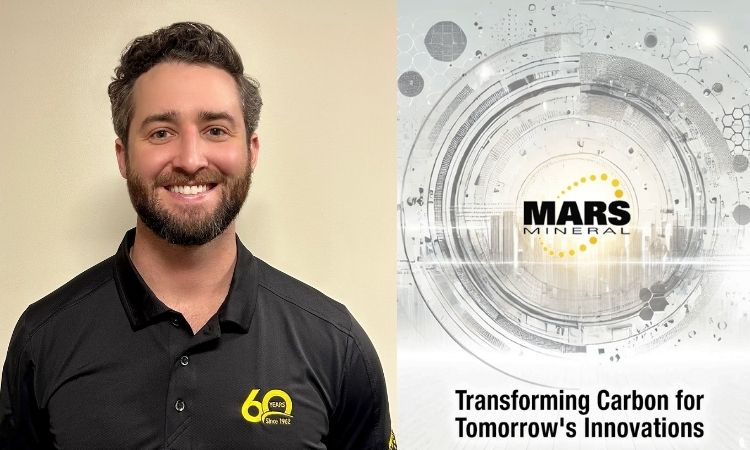MIT researchers develop low-cost energy storage system using cement and carbon black
In a recent study, researchers at the Massachusetts Institute of Technology (MIT) have unveiled a novel energy storage solution that harnesses the power of two of humanity's most familiar materials: cement and carbon black. These materials, when combined and integrated with water, create a supercapacitor — an alternative to traditional batteries — with the potential to revolutionize the field of renewable energy storage.
The researchers envision a range of applications for this innovative energy storage system. For instance, they suggest that this supercapacitor could be seamlessly incorporated into the concrete foundation of buildings, enabling the storage of a full day's worth of energy without significantly altering construction costs or compromising structural integrity.
According to the researchers, another potential application for carbon-cement supercapacitors is for building concrete roadways that could store energy produced by solar panels alongside the road and then deliver that energy to electric vehicles traveling along the road using the same kind of technology used for wirelessly rechargeable phones. A related type of car-recharging system is already being developed by companies in Germany and the Netherlands, but using standard batteries for storage.
Detailed in a recent publication in the Proceedings of the National Academy of Sciences (PNAS), the study is a collaborative effort by MIT professors Franz-Josef Ulm, Admir Masic, and Yang-Shao Horn, along with researchers from the Wyss Institute for Biologically Inspired Engineering and MIT's Departments of Civil and Environmental Engineering and Mechanical Engineering. Their work demonstrates the creation of a supercapacitor by infusing cement with carbon black, forming a unique conductive nanocomposite structure.
The potential of this technology extends beyond its engineering innovations. Supercapacitors made from this material offer immense potential to accelerate the transition to renewable energy sources, such as wind, solar, and tidal power. Given the variability in energy output from these sources, effective energy storage solutions are crucial to ensure continuous and reliable power supply. Unlike traditional batteries, supercapacitors can be charged and discharged rapidly, making them an ideal choice for storing intermittent energy.
To read the full article and delve into the details of this groundbreaking research, visit MIT's official website.
Weibold is an international consulting company specializing exclusively in end-of-life tire recycling and pyrolysis. Since 1999, we have helped companies grow and build profitable businesses.









